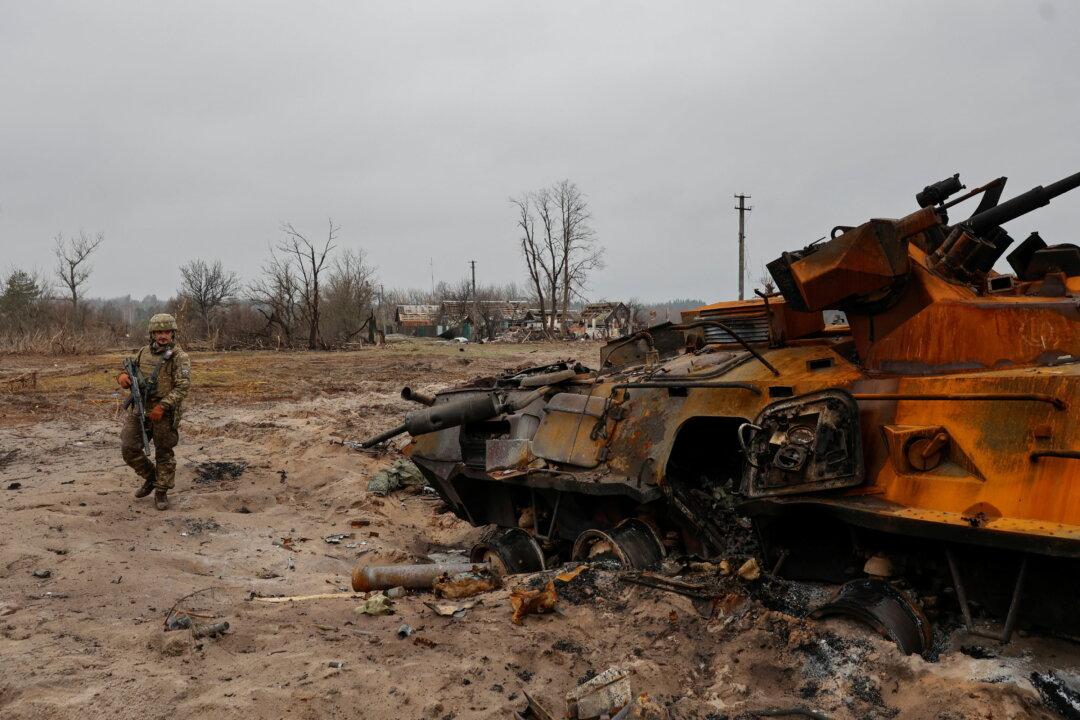Commentary
Reports suggest that Russian generals are afraid to tell the truth, which proves the weakness of dictatorships in fighting wars.

Reports suggest that Russian generals are afraid to tell the truth, which proves the weakness of dictatorships in fighting wars.